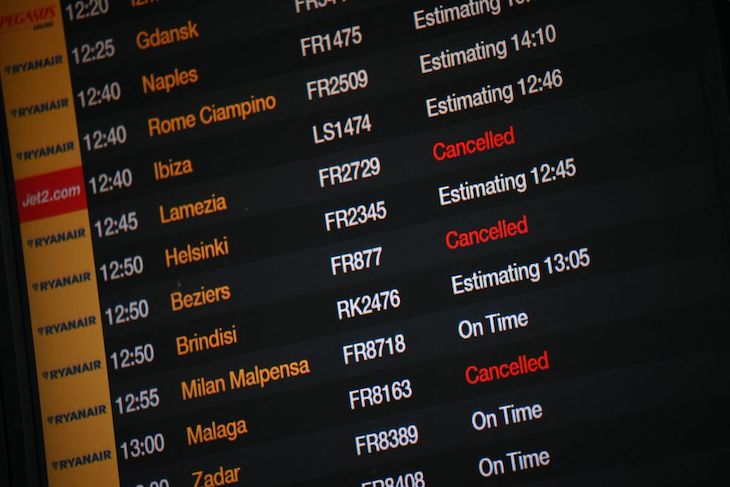How lovely that engineers working for National Air Traffic Services (Nats) can work from home rather than having to slog it in to the company’s headquarters at Swanwick, Hampshire. Lovely, that is, for the engineers rather than for air passengers.
A report by the Civil Aviation Authority (CAA) has revealed the reason behind the meltdown in air traffic control which led to the cancellation of hundreds of flights last August Bank Holiday, inconveniencing millions of passengers. The system need to be reset by a ‘level 2’ engineer, but none were actually working in the office that day, so one had to be called in – which took 90 minutes.
Such is the power of the Work From Home movement
When you are running an organisation on which Britain’s entire airline industry relies, you might think it would be a good idea to have an engineer in the office all the time. But such is the power of the Work From Home movement that the right for well-paid white collar professionals not to have to leave their spare bedroom if they don’t want to seems to over-ride concerns such as the interests of air passengers or the health of the economy as a whole.

Britain’s best politics newsletters
You get two free articles each week when you sign up to The Spectator’s emails.
Already a subscriber? Log in







Comments
Join the debate for just £1 a month
Be part of the conversation with other Spectator readers by getting your first three months for £3.
UNLOCK ACCESS Just £1 a monthAlready a subscriber? Log in